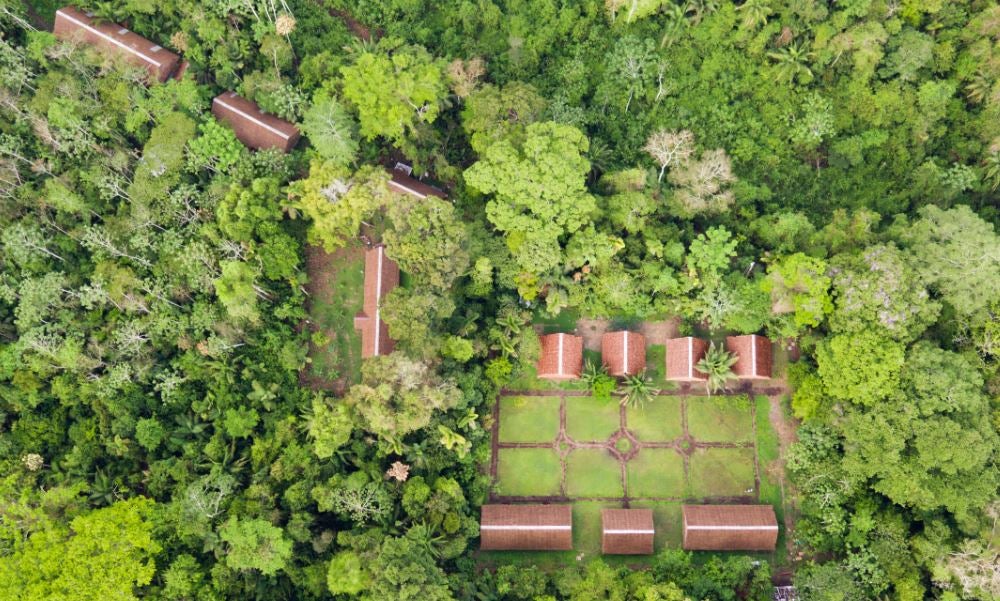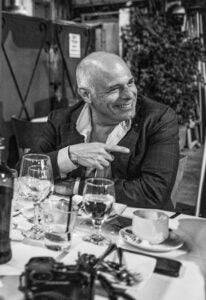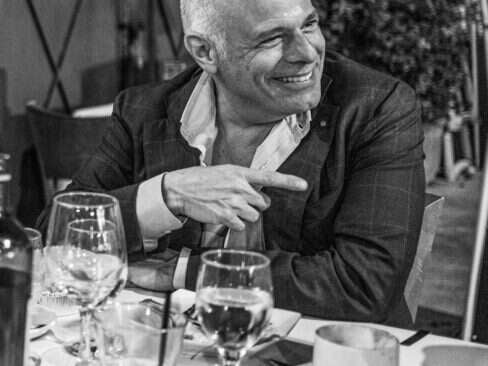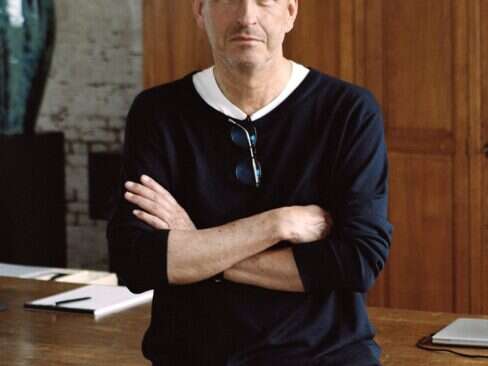
By Lauren Jade Hill
Founder of Inkaterra José Koechlin has been on an extraordinary journey in his efforts to establish ecotourism in Peru. We talk to the conservationist, filmmaker and entrepreneur about his first impressions of the Peruvian wilderness as a child and the difference Inkaterra has now made, as well as what guests can experience when they stay at one of these luxury lodges.
Did your upbringing inform the work you went on to do with Inkaterra?
My bond with nature started in my childhood. In early 1956, I traveled across rural Peru for the first time on a Jesuit mission organized by my school. We carried a portable film projector to screen old movies like Chaplin or Laurel and Hardy on old walls in communities where there was no electricity or running water. These were places where development had not yet arrived.
I was ten years old when I first traveled by land to the Amazon, as well as Cusco, Machu Picchu, Puno, Arequipa and Nazca. I sensed Peru’s grandeur with amazement. Its identity is based on 55 centuries of culture and it has extraordinary biodiversity. Nowadays, through the experiences we provide at Inkaterra, I aim to share with our travelers what I grasped when first discovering Peru’s natural and cultural richness. What was your inspiration behind establishing Inkaterra and how did you start out?
 I believe filmmaking is one of the most effective ways to promote a destination. I met filmmaker Werner Herzog in 1971, and soon we became friends. With only a handshake and a verbal agreement, I was invited to co-produce Aguirre, the Wrath of God (1972). Filmed in Machu Picchu and the Amazon, Aguirre was shown for three consecutive years in Paris, bringing waves of tourists to rural Peru. Some years later I was author and co-producer of Herzog’s epic Fitzcarraldo (1982), which was filmed throughout four years in the Peruvian Amazon, as well as Les Blank’s making-of documentary, Burden of Dreams (1982).
I believe filmmaking is one of the most effective ways to promote a destination. I met filmmaker Werner Herzog in 1971, and soon we became friends. With only a handshake and a verbal agreement, I was invited to co-produce Aguirre, the Wrath of God (1972). Filmed in Machu Picchu and the Amazon, Aguirre was shown for three consecutive years in Paris, bringing waves of tourists to rural Peru. Some years later I was author and co-producer of Herzog’s epic Fitzcarraldo (1982), which was filmed throughout four years in the Peruvian Amazon, as well as Les Blank’s making-of documentary, Burden of Dreams (1982).
Three years after producing Aguirre, Inkaterra established its first lodge in the Amazon rainforest of Madre de Dios. Its design was inspired by the local Ese’Eja culture and built with native materials in harmony with the environment. We requested what was to be the first ecological reserve with tourism purposes. Ecotourism was a new concept.
Four decades on from then, United Nations has declared 2017 the International Year of Sustainable Tourism for Development. Nowadays there is a greater awareness on the value of biodiversity, as well as on the conservation of local cultures and the responsible use of natural resources via ecotourism.
 What difference has Inkaterra made in each hotel’s location?
What difference has Inkaterra made in each hotel’s location?
In 1978 we started producing flora and fauna inventories to measure Inkaterra’s long term impact over natural areas. A total of 934 bird species, 365 ant species, 313 butterfly species and over 100 mammal species have been recorded within the hotel surroundings. According to the American Orchid Society, Inkaterra Machu Picchu Pueblo Hotel hosts the world’s largest native orchid collection, with 372 species, and 29 species new to science have found at Inkaterra including 20 orchids, five amphibians, one butterfly, two bromeliads and one tropical vine. What do you consider to be the greatest achievements of Inkaterra?
Our success has been in promoting the sustainable use of natural resources to benefit both the wildlife and native cultures, as well as in promoting jobs in ecotourism, which is the most effective way to reduce migration and safeguard local cultures. Over 40 years, more than 4,000 people from local communities have been trained by Inkaterra.
Our excursions led by local guides are an effective way to engage travelers in an enriching experience while showing respect for the local biodiversity and culture, and we have produced engaging media, from books and videos to educational tools and Latin Grammy-nominated albums of Peruvian music. Inkaterra has always outreached Peru’s cultural and natural values. What makes the experience guests have at each hotel unique?
 Each hotel has its own personality, inspired by local culture and built with native materials in harmony with the environment. A vast array of excursions in hotel grounds and surroundings are inspired by our conservation projects in each destination. These include the 100-foot-high Inkaterra Canopy Walkway designed to study the Amazonian wildlife, the Spectacled Bear Rescue Center at Inkaterra Machu Picchu Pueblo Hotel,and the native farm at Inkaterra Hacienda Urubamba where travelers can harvest their own produce. Inkaterra’s concept of luxury is to allow travelers to comfortably access remote and biodiverse environments.
What future aspirations do you have for Inkaterra?
Each hotel has its own personality, inspired by local culture and built with native materials in harmony with the environment. A vast array of excursions in hotel grounds and surroundings are inspired by our conservation projects in each destination. These include the 100-foot-high Inkaterra Canopy Walkway designed to study the Amazonian wildlife, the Spectacled Bear Rescue Center at Inkaterra Machu Picchu Pueblo Hotel,and the native farm at Inkaterra Hacienda Urubamba where travelers can harvest their own produce. Inkaterra’s concept of luxury is to allow travelers to comfortably access remote and biodiverse environments.
What future aspirations do you have for Inkaterra?

Cabo Blanco, a legendary fishing cove in Northern Peru; In 1953, the all-tackle world record – a 1,560-pound black marlin, filmed by Warner Bros. for its adaptation of The Old Man and the Sea – was landed by Alfred Glassell. Four years later, the largest tuna ever caught in this sport confirmed its international status as a game fishing mecca. Marilyn Monroe, John Wayne and other celebrities visited Cabo Blanco, including Nobel Prize laureate Ernest Hemingway. He went in search of the largest standing marlins on board the Miss Texas, Glassell’s iconic fishing boat, which was recently restored by Inkaterra.
Six decades on, Inkaterra has presented to the Ministry of Environment a proposal for the creation of Peru’s first marine reserve in the tropical sea of Cabo Blanco, where 70 percent of the country’s ichthyological diversity is found. Through the encouragement of sustainable fishing techniques among local communities and the development of ecotourism activities, Inkaterra is contributing to the recovery of Cabo Blanco’s bountiful ocean and its cultural heritage.










